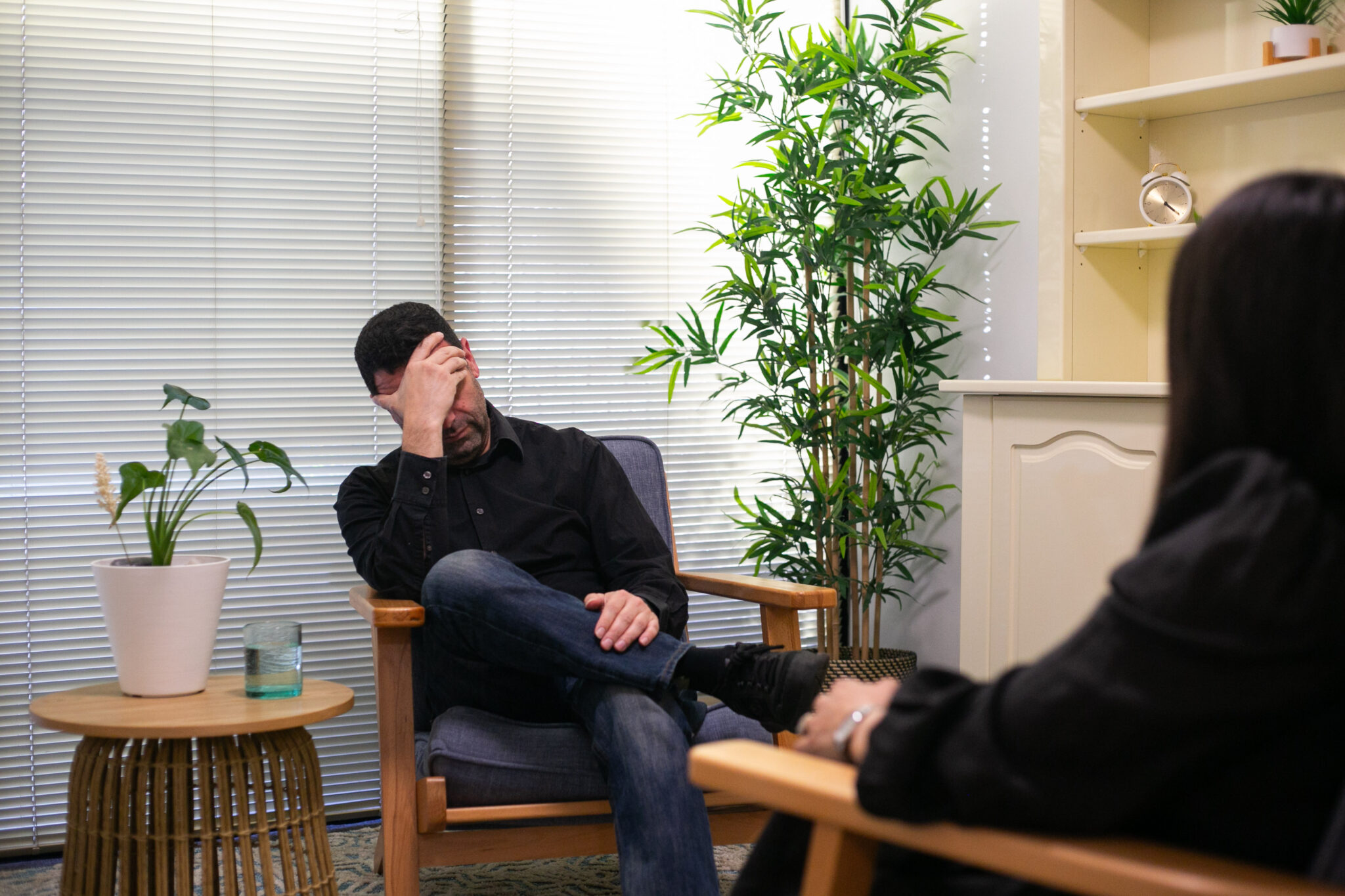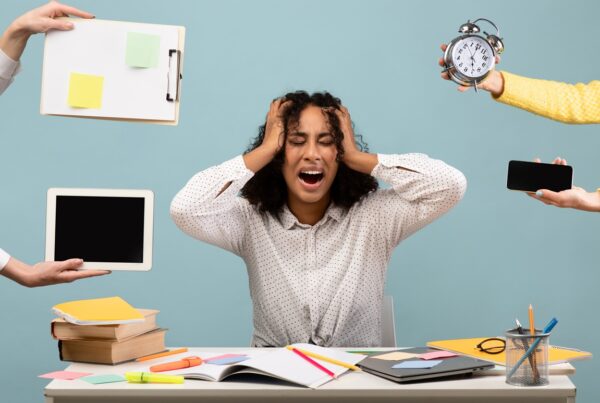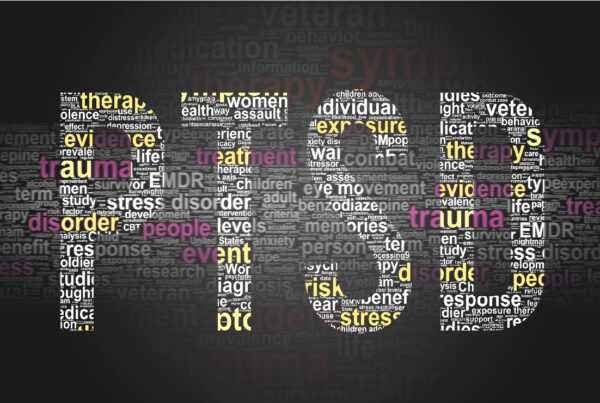What is Depression?
Depression is a prevalent mental health condition that can affect anyone, regardless of age, gender, or background. However, identifying the symptoms of depression within oneself can be challenging. In this blog, we’ll explore the various signs of depression and emphasise the importance of seeking help and support when needed.
Depression is more than just feeling sad; it’s a complex mood disorder characterised by persistent feelings of sadness, hopelessness, or emptiness. While everyone experiences moments of low mood, depression involves a prolonged and intense state of emotional distress that can significantly impact daily life.
Depression can manifest in a variety of ways, affecting both your emotional and physical well-being. Some common signs and symptoms of depression include:
- Persistent Sadness or Low Mood: Feeling down or hopeless most of the time, even when there’s no apparent reason.
- Loss of Interest or Pleasure: Losing interest in activities or hobbies that once brought joy or satisfaction.
- Changes in Sleep Patterns: Disrupted sleep, either difficulty falling or staying asleep (insomnia) or excessive sleepiness (hypersomnia).
- Fatigue or Loss of Energy: Feeling constantly tired or lacking energy, regardless of rest or sleep.
- Changes in Appetite or Weight: Significant changes in appetite, leading to weight loss or gain.
- Difficulty Concentrating or Making Decisions: Impaired cognitive function, making it hard to focus, remember details, or make decisions.
- Feelings of Worthlessness or Guilt: Persistent feelings of worthlessness, guilt, or self-blame.
- Irritability or Restlessness: Feelings of irritability, agitation, or restlessness, even if sadness is not the predominant emotion.
- Physical Symptoms: Experiencing physical symptoms such as headaches, digestive issues, or chronic pain.
- Thoughts of Death or Suicide: Recurrent thoughts of death, dying, or suicide, especially in severe cases of depression.
Seeking Help and Support
If you recognise several of these symptoms in yourself and they persist for more than two weeks, it’s essential to seek help from a psychologist or mental health professional. Therapy, medication, lifestyle changes, or a combination of these approaches can be effective in treating depression.
How a Psychologist Can Help
A psychologist can provide valuable support and guidance in managing depression. Through therapy, you can explore the underlying causes of your depression, develop coping strategies, and learn healthy ways to manage symptoms. Here are some ways seeing a psychologist can help:
Talk Therapy (Psychotherapy): Cognitive-behavioural therapy (CBT), interpersonal therapy (IPT), and other forms of talk therapy can help you identify negative thought patterns, challenge irrational beliefs, and learn effective coping skills.
Emotional Support: A psychologist provides a safe and non-judgmental space to express your thoughts and feelings, helping you feel understood and validated.
Behavioural Techniques: Psychologists may teach you behavioural techniques to improve your mood, such as relaxation exercises, mindfulness meditation, or behavioural activation.
Medication Management: In some cases, a psychologist may work closely with a GP or psychiatrist who may prescribe and monitor medication for depression, ensuring that you receive the most appropriate treatment.
Recognising the signs of depression is the first step towards seeking help and support. If you’re experiencing persistent feelings of sadness, hopelessness, or low mood, don’t hesitate to reach out to our team and book an appointment with a psychologist. With the right support and treatment, it’s possible to overcome depression and regain a sense of well-being and fulfilment in life.




